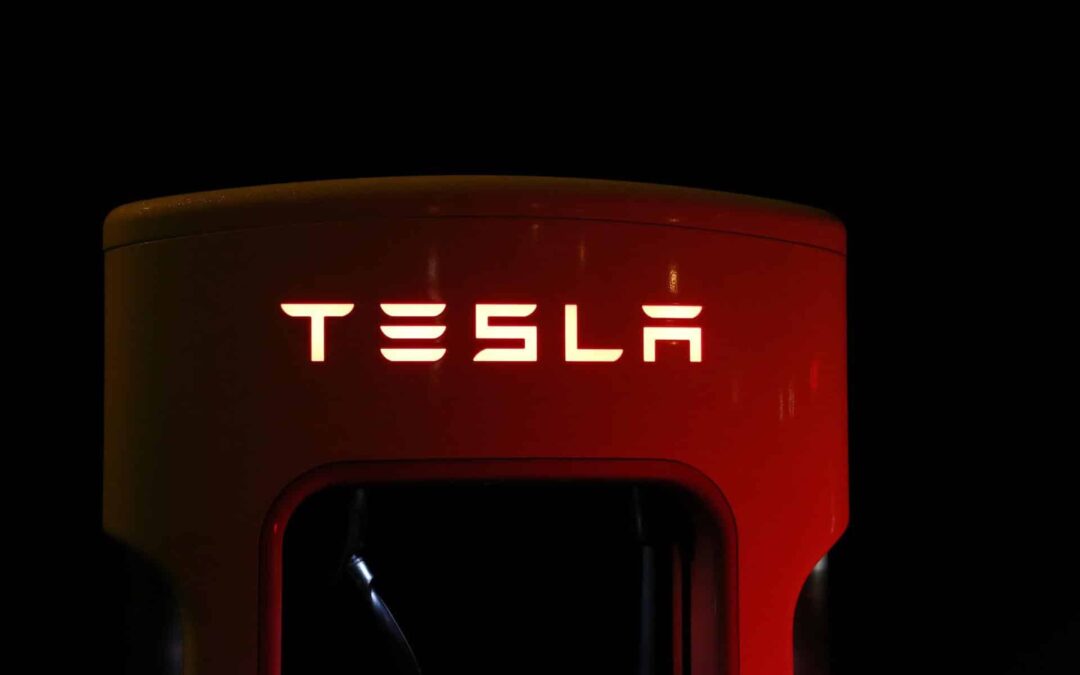Time and again, there is criticism of the amounts of data that especially motor vehicles of the American brand Tesla record and store from their surroundings. Now an attempt has been made in Berlin and in Beidaihe (China) to ban Teslas in certain areas.
Find out what's behind it and what the status of the data protection debate is here.
Data protection legal background
Motor vehicles with cameras and computer systems are capable of recording their surroundings with sound and images. In this way, functions such as (partially) autonomous driving can be made possible.
Vehicles from the manufacturer Tesla all store such records on the company's own servers. Upon request, the manufacturer has already provided in individual cases Data released to authoritieswith which crimes could be solved. Tesla's vehicles have several outward-facing cameras that record the car's entire surroundings. This is used to ensure the functionality of driver assistance systems and semi-autonomous driving. In addition, these cameras also function as so-called dashcams. These permanently film the surroundings so that the exact course of events can be clarified in the event of an accident.
Since 2019, vehicles from the manufacturer Tesla have also had the so-called "guard mode". The driver can activate this mode individually. If this mode is active, the surroundings are recorded when motion is detected in the immediate vicinity, even when the car is parked. This is intended to provide protection against damage and theft of the car.
Data protectionists see at least the "guard mode" function as a violation of data protection law. The "Netzwerk Datenschutzexpertise" is even of the opinion that Teslas should therefore not be allowed on the roads in Europe.
The handling of vehicles equipped with cameras and computer systems is currently causing problems, especially in environments that require special protection. The following two case studies deal with this issue.
Police want to ban Tesla in Berlin
A recent circular from the Berlin State Criminal Police Office (LKA) in the area of security indicates that Tesla motor vehicles should be banned from the premises of the police headquarters and the LKA. The background is concerns from the areas of security and data protection.
Only a few days later, however, the police backed off somewhat. A press spokesman for the regulatory authority stated that the letter did not contain an enforceable ban, but rather served to raise awareness. There is currently no general ban on entering certain motor vehicles, but regulations are being planned that will affect all cars with cameras and computer systems and access to all police properties. However, a ban on sound and image recording has always applied in all police security areas.
The Berlin police union did not express any dislike: "It is good that such an erroneous letter is corrected immediately. Today's technical possibilities are very far-reaching and make it necessary to constantly optimize security measures on properties."
City in China locks out Tesla
The Chinese city of Beidaihe is taking a somewhat more radical approach to security concerns about Tesla vehicles. For fear of espionage, it will be forbidden to drive a Tesla in the coastal district for at least two months from July 1.
This was triggered by security concerns about the annual meeting for the summer festival of the national leadership. There were fears that the vehicles of the American manufacturer (or their records on the servers) would be misused for espionage purposes.
China had already banned vehicles from the manufacturer Tesla on Chinese military bases about a year ago. The current ban, however, affects public roads for the first time.
Would you like advice on data security and data protection? Our team of experts is here for you!
